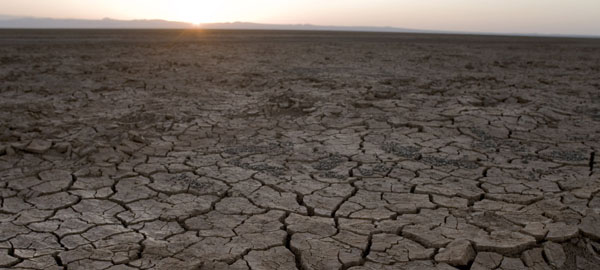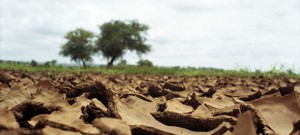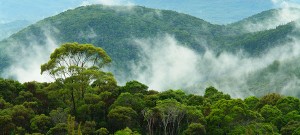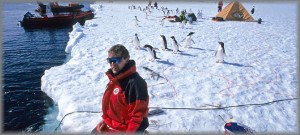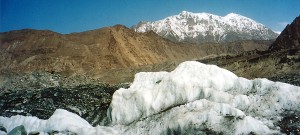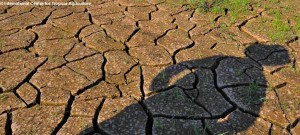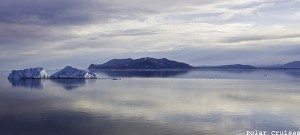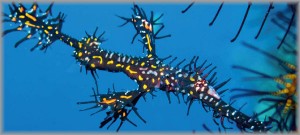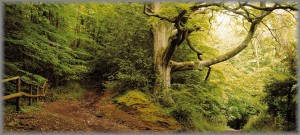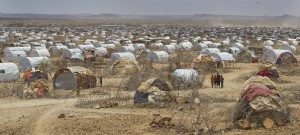Nature
Comment: Why is desertification important?
As RTCC launches Desertification Week, we examine what desertification means around the world and why it is so important.
We must correct image of desertification and promote practical solutions
Luc Gnacadja, Executive Secretary of the UN Convention to Combat Desertification, writes for RTCC ahead of Desertification Week about why it is important the image of desertification as an unstoppable monster is corrected so practical action can take place.
President Dilma must veto Brazil’s Forest laws, say campaigners
As changes to Brazil’s Forest Code are approved by the country’s Chamber of Deputies, campaigners call on President Dilma Rousseff to veto the law and protect the country’s iconic forests.
Photo of the week #15 – Desertification in the USA
This week’s photo, to coincide with Desertification Week, shows the effects of this phenomenon in the USA.
Photo of the week #14 – Penguins under threat from melting ice
This week’s photo of the week shows scientists working in the Antarctic, where last week new research gave scientists good news as it found some penguin species numbers could be higher than originally thought.
Climate change doubles the cost of conservation
Work to protect ecosystems, endangered species and ensure clean air and water made more difficult and expensive by climate threats.
Pakistan’s first climate change adaptation plan to tackle “mountain tsunamis”
Pakistan launches an adaptation project – the first of its kind – to help vulnerable communities cope with the threat of Glacier Lake Flood Outburst from receding glaciers.
UK Drought – What will it mean?
As 17 more counties are considered to be in drought conditions in the UK, RTCC takes a look at the causes of the drought and what it could mean for you.
Rush to establish Arctic economy risky for ecosystems, warns report
Lloyd’s of London report warns against a rush towards the estimated $100 billion exploration of the Arctic they predict over the next decade, while oil company Shell reaffirms their commitment to investment in the region.
Photo of the week #13 – Melting ice in the polar regions
This week’s Photo of the Week, the melting ice of the Arctic and its impact globally.
Photo of the week #12: The threat of warming oceans
This week’s photo of the week comes from the ocean depths in Bali’s coral reefs.
New report: West Antarctic ice shelves tearing apart
New study published in the Journal of Glaciology finds rifts along the West Antarctic ice shelves causing the shelves to lose their grip and break off into the sea.
Photo of the week #10
This week’s photo of the week celebrates World Forestry Day with this stunning picture from a forest in the heart of England.
Previous 2°C warming triggered 20m sea level rises
Rock and soil samples from 3 million years ago match predicted modern-day warming with larger than expected rises in sea level.
$300 billion a year needed to save biodiversity
The new chief of the United National Convention of Biological Diversity has said saving biodiversity will cost the world $300 billion a year but warned doing nothing would cost much more.
Photo of the week #8
This week’s photo of the week features the Açai Palm trees found in the Amazon Rainforest in Brazil.
Anti-fossil fuel protests greet UNESCO visit to Great Barrier Reef
LNG and coal developments heighten risk to protected marine park, according to environmental groups.
Climate change to increase chance of early tornadoes
Scientists warn that early tornadoes, like those seen across the US last week, could become the norm because of climate change.
New Horn of Africa drought warning
Experts say region set for more misery after worst drought in six decades hit last year.
WWF says Arctic drilling ‘absurd’ but outright ban unlikely
UK branch of organisation expects first Arctic drilling to commence this year and tells parliamentary committee it will focus attention on vulnerable areas.
